An antique dealer’s 7 top tips for sourcing the best finds
With the Decorative Antiques and Textiles Fair starting in London tomorrow, we asked antiques dealer Appley Hoare to share her top tips on sourcing the best finds.
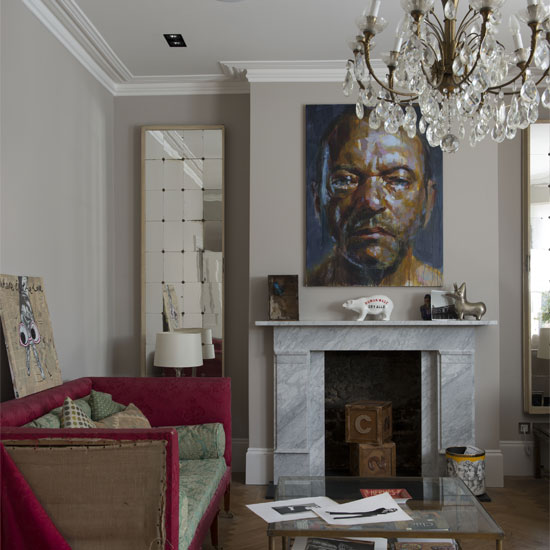
The old adage that ‘one man’s junk is another man’s treasure’ is true
and particularly applies when you are in a foreign country. Because
France is so passionate about cooking you can find lots of fascinating
accoutrements for the kitchen for just a few Euro – old baskets in all
shapes and sizes, chunky wooden chopping boards, demi-lune choppers, or
bright coloured enamel storage tins labelled ‘Café’, ‘Sucre’, ‘Herbs’
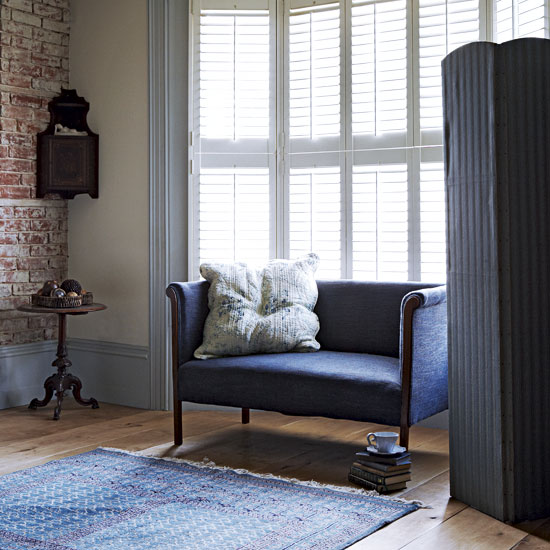
2. A good source for antiques is the well-established markets around the world – usually found in or on the outskirts of the capital cities. In Paris, head to the famous Puces at St. Ouen – this is really a collection of smaller antique markets and covers a vast area. It is full of extraordinary antiques, industrial furniture, and brocante. Be wary as there is also a lot of new and reproduction stuff. Here you need to be a bit savvy – this is serious antique territory. The uninitiated could find it over-whelming and confusing, for instance once you have agreed to buy something you cannot go back on your word or change your mind.
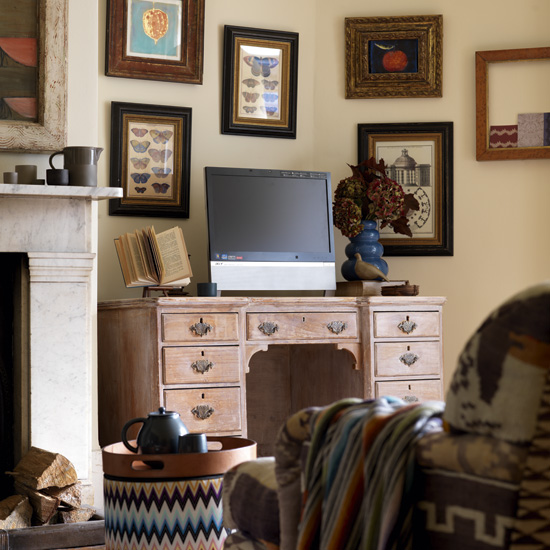
3. In most large towns you will find specific areas that have interesting antique shops. In Paris, on the left bank and around the Rue Jacob, and in all the charming little streets between Bld St. Germain and the Seine, you will find some fabulous and serious antique shops – very refreshing after an exhausting day out at the Puces.
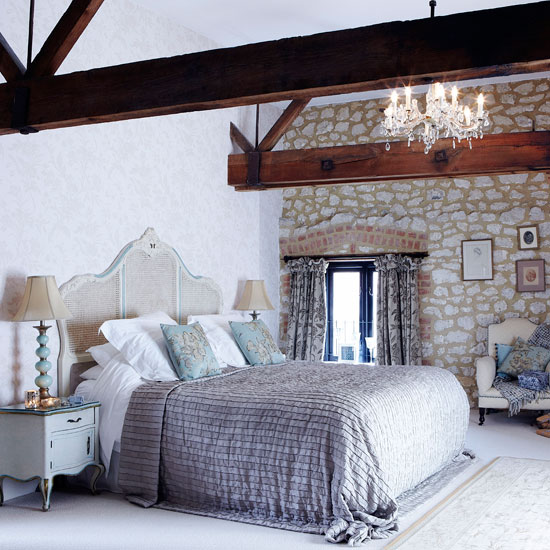
4. There is not a village in France that does not hold a ‘Vide Grenier’ or ‘Brocante’ once or twice a year. When you are on holiday there, pop into the local Mairie and check the dates of all the up-coming events in the area. You might get lucky or could plan another weekend trip around it.
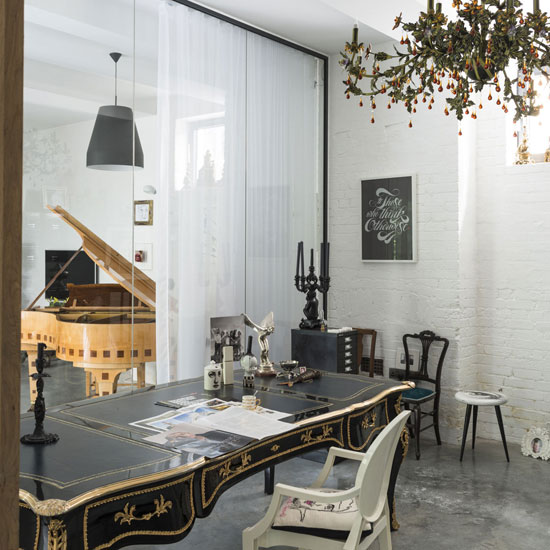
5. In London you have a huge choice of shops so it rather depends on the style that you are looking for – the Lillie Road in Fulham is great for less expensive pieces while the Pimlico Road in Belgravia sports finer more rarefied antiques. London also sports the Battersea Decorative Fair 3 times a year, which gives you the chance to see up to 150 great dealers and their goods under one roof.
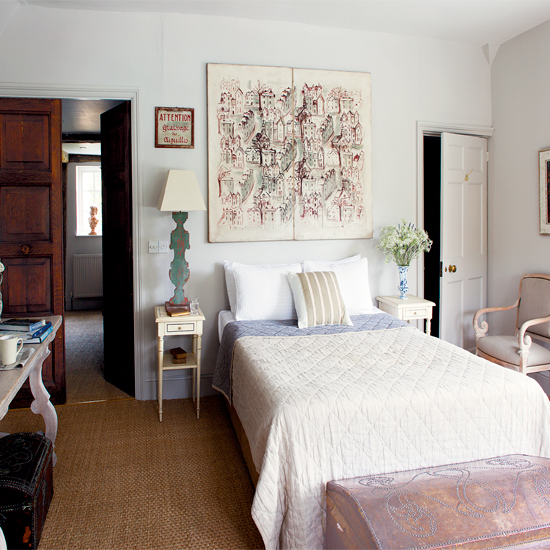
6. Don’t be afraid to examine a piece thoroughly, even if this involves crawling under a table or examining the back of a cupboard. These are good indicators as to whether the piece is genuine or not. Don’t hesitate to question the dealer about any restoration, the item’s age and provenance. Beware of newly painted items as the paint may hide unsightly restoration, badly stained wood, or worse still wood worm.
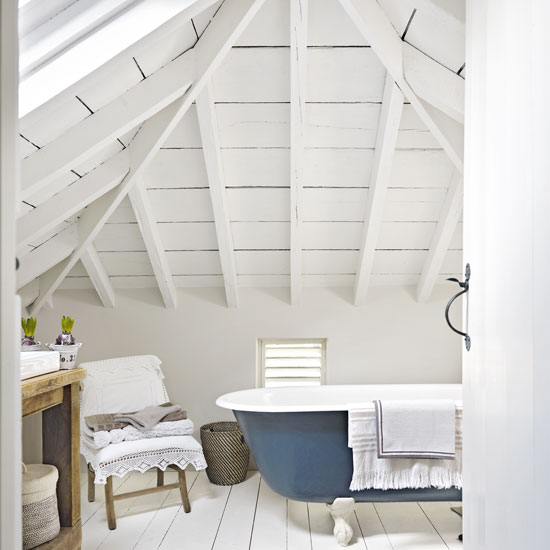
7. Once you have decided you want to buy a piece, ask for the best price – you can expect to get approx. 10% to 15% off. In my experience most dealers are not going to rip you off. Don’t make a silly offer or you might insult the dealer and he or she will just become disinterested in selling the piece to you at all – they are an independent and feisty lot!
Get the Ideal Home Newsletter
Sign up to our newsletter for style and decor inspiration, house makeovers, project advice and more.
For more inspiration, visit Housetohome.
******
Tamara was Ideal Home's Digital Editor before joining the Woman & Home team in 2022. She has spent the last 15 years working with the style teams at Country Homes & Interiors and Ideal Home, both now at Future PLC. It’s with these award wining interiors teams that she's honed her skills and passion for shopping, styling and writing. Tamara is always ahead of the curve when it comes to interiors trends – and is great at seeking out designer dupes on the high street.
-
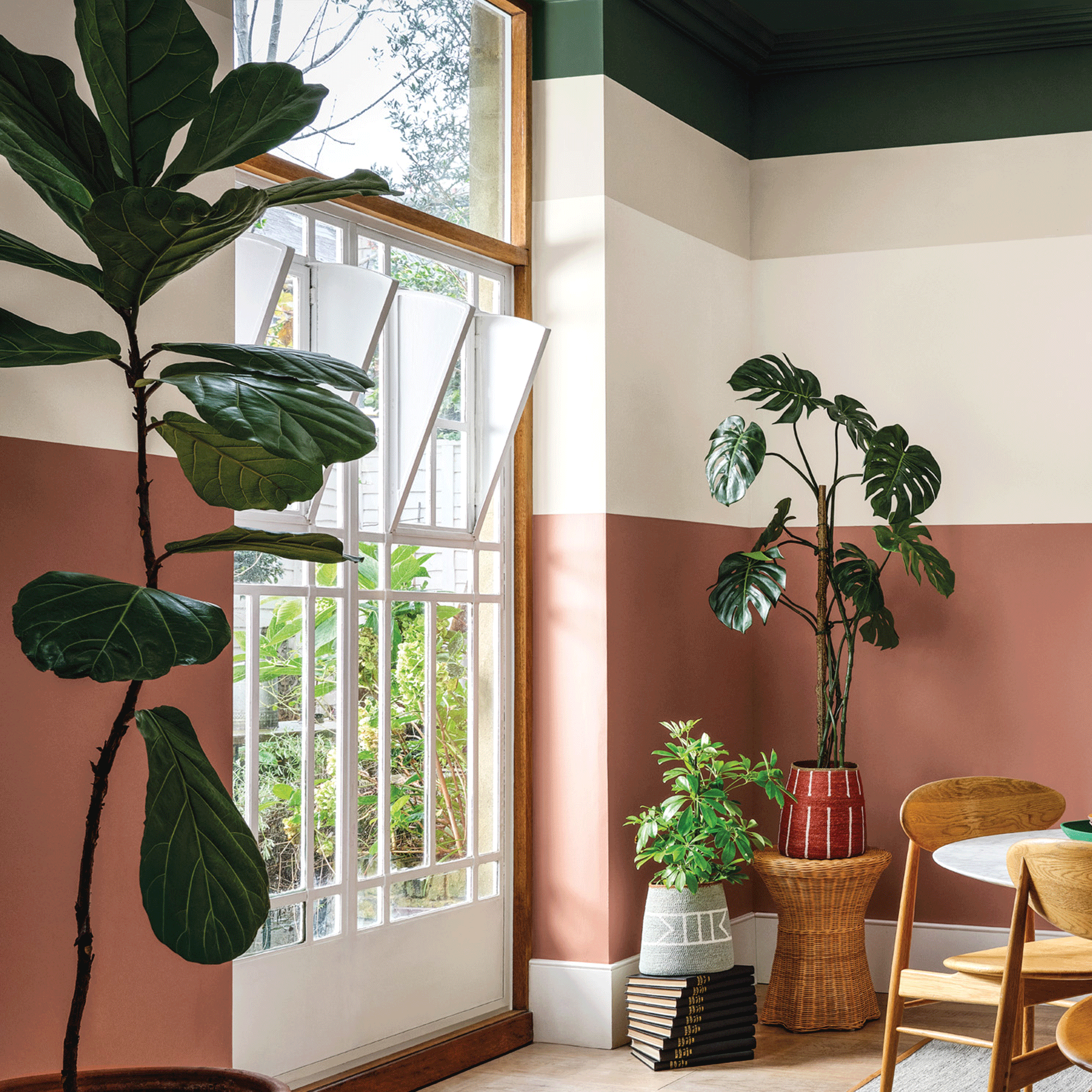 Crown Paint has launched new wall colours for the first time in three years, and changed how I think about neutral shades
Crown Paint has launched new wall colours for the first time in three years, and changed how I think about neutral shadesIs terracotta the ultimate neutral?
By Rebecca Knight
-
 How to protect seedlings from birds – experts say there's a kind and clever way to stop them pecking
How to protect seedlings from birds – experts say there's a kind and clever way to stop them peckingYes, you can protect seedlings from birds without harming your feathered friends...
By Kayleigh Dray
-
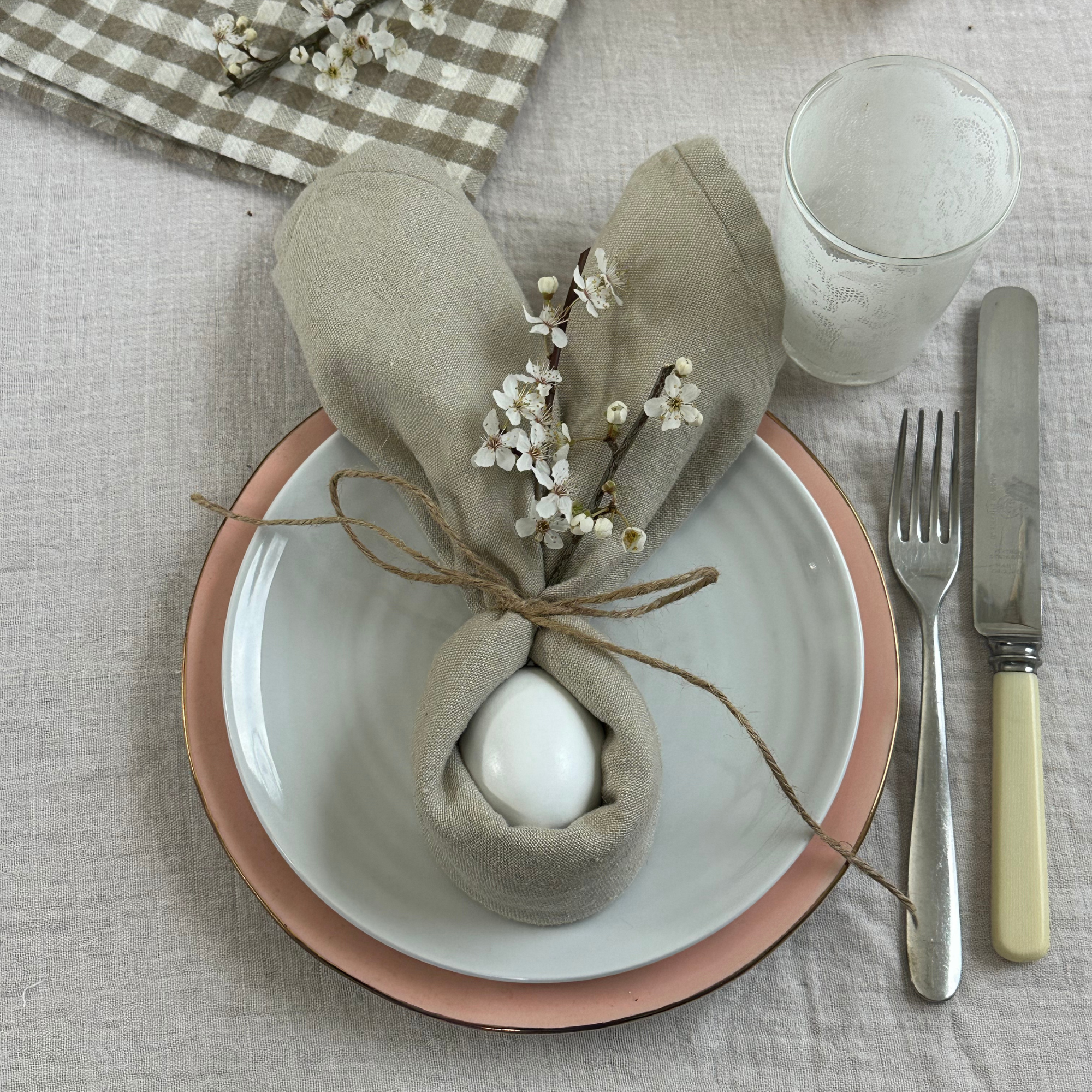 We tried the viral napkin bunny ears hack – it only takes five minutes and will take your Easter table to the next level
We tried the viral napkin bunny ears hack – it only takes five minutes and will take your Easter table to the next levelThis Easter craft is not only beautiful, but really easy to do
By Kezia Reynolds